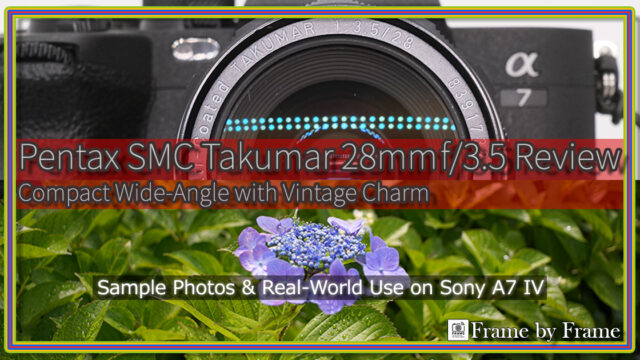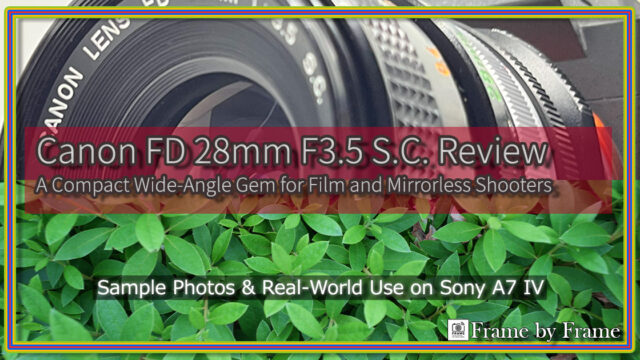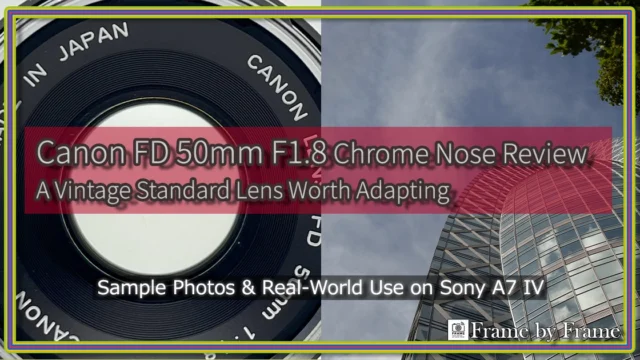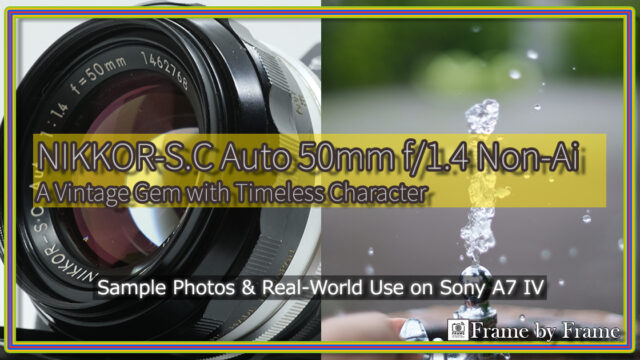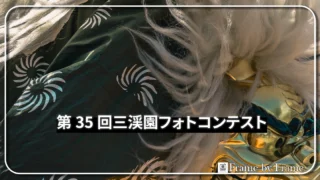FUJIFILM FinePix F200 EXR Review| Compact Powerhouse with EXR Sensor
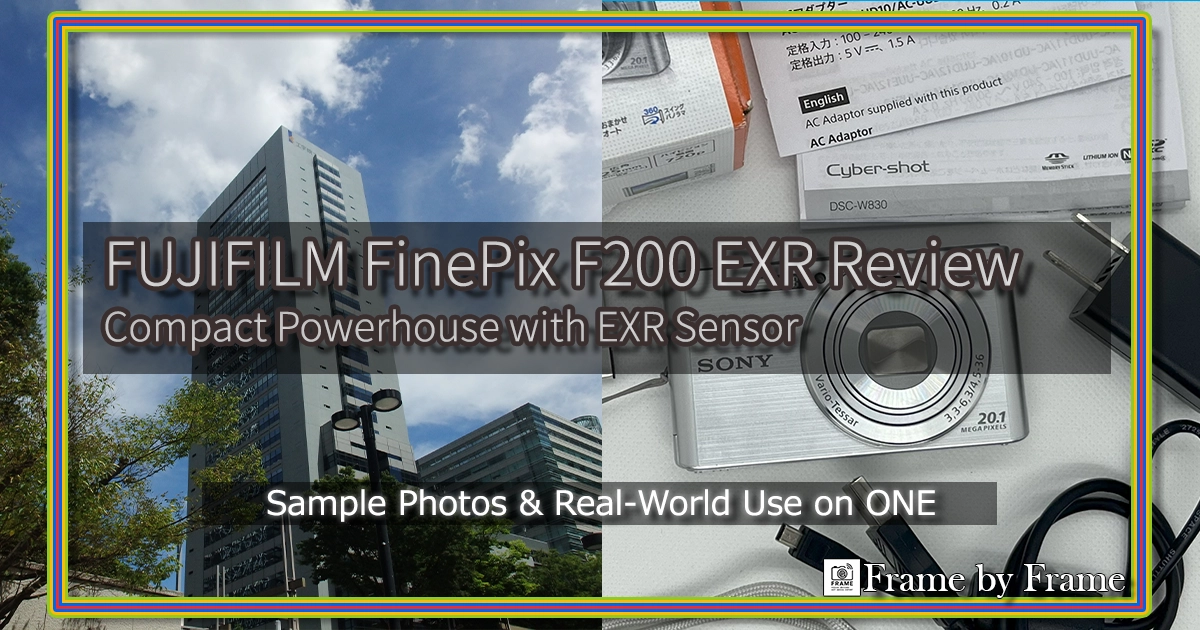
The FUJIFILM FinePix F200 EXR, released in 2009, remains a fascinating compact digital camera thanks to its innovative EXR sensor technology. Designed to balance dynamic range, resolution, and low-light performance, the F200 EXR offers features that were ahead of its time. In this article, we will dive into its specifications, handling, image quality, and practical usability to understand why it is still discussed among camera enthusiasts today.
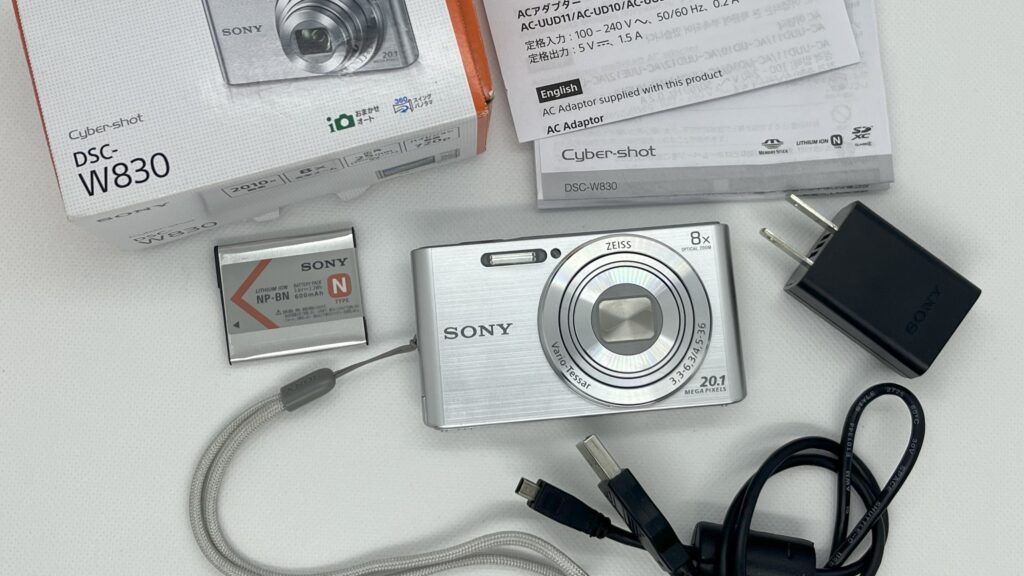
Design and Build Quality
The F200 EXR features a sleek, pocket-sized body with a solid metal finish, typical of Fujifilm’s compact camera design at the time. The ergonomics are straightforward, with intuitive button placement and a responsive directional pad. The rear LCD, a 3-inch 230k-dot display, feels outdated by modern standards but was fairly competitive in its era.
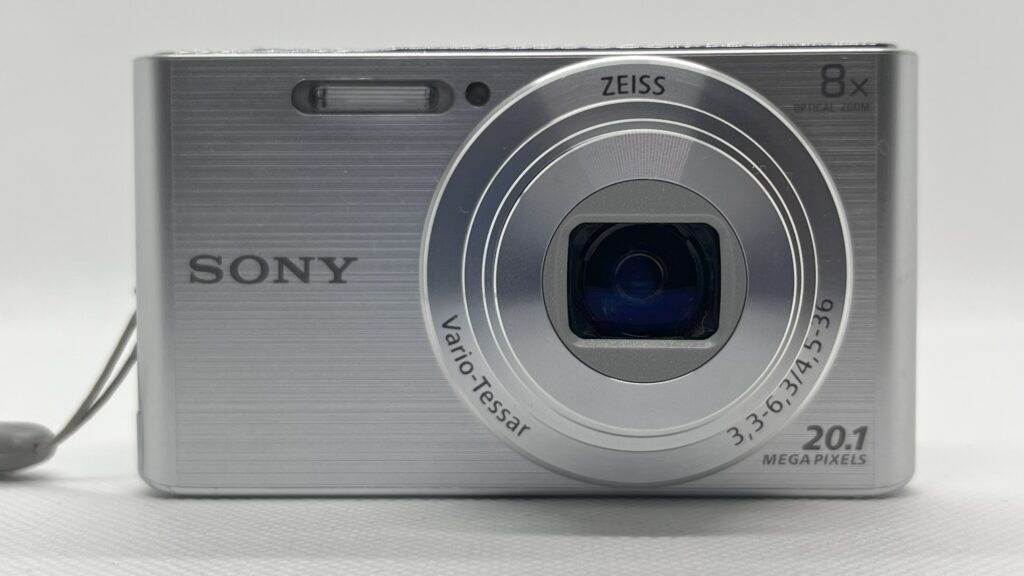
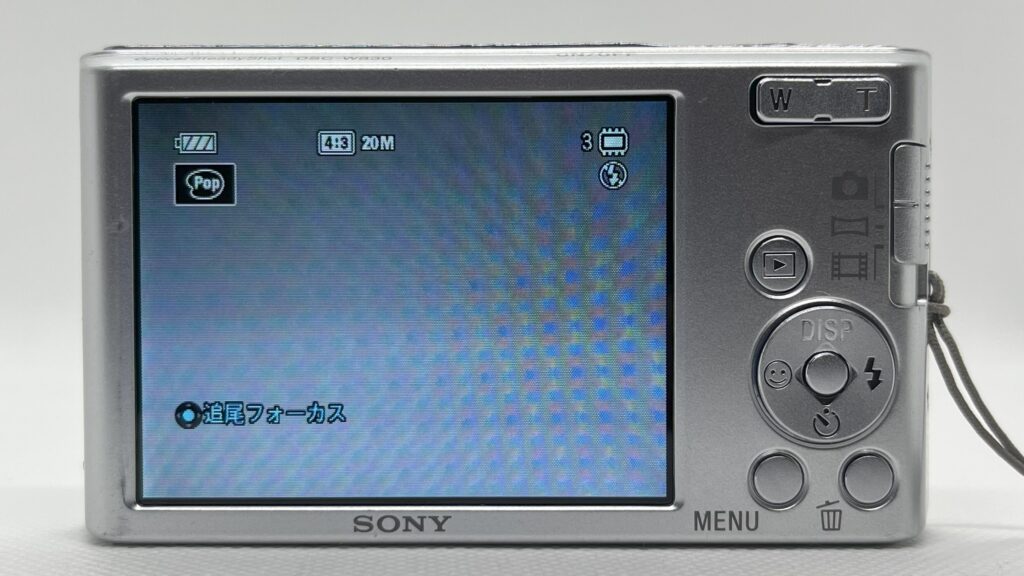
Key Specifications
- 12-megapixel 1/1.6-inch Super CCD EXR sensor
- 28–140mm equivalent f/3.3–5.1 Fujinon lens (5x optical zoom)
- 3.0-inch LCD monitor (230,000 dots)
- ISO range: 100–3200 (extended to 12800 at reduced resolution)
- Manual shooting modes alongside automatic EXR modes
- Face detection and film simulation modes
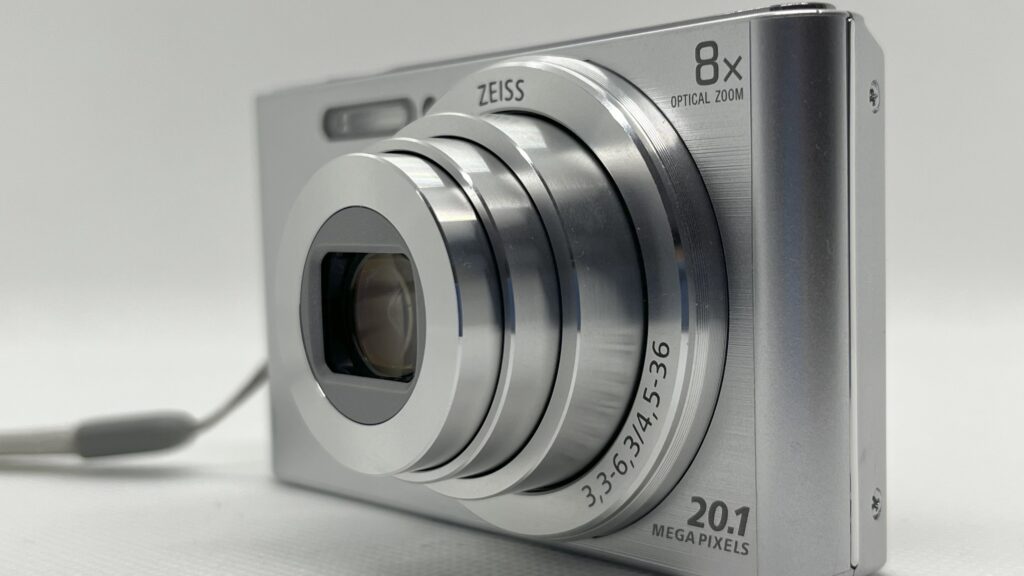
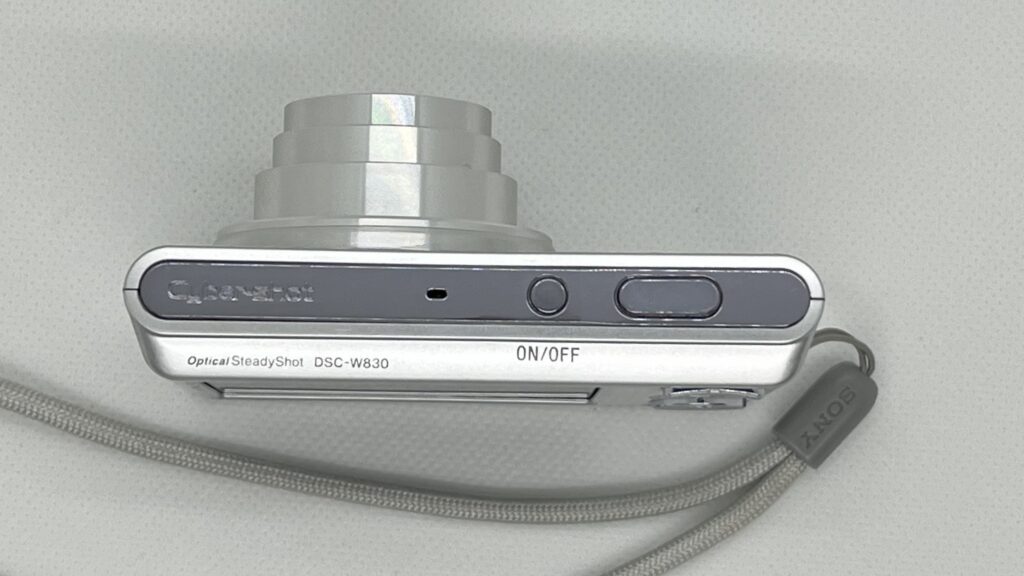
EXR Sensor Technology
The defining feature of the F200 EXR is its sensor. Fujifilm introduced EXR to allow photographers to prioritize between three modes: High Resolution (HR), Wide Dynamic Range (DR), and High Sensitivity & Low Noise (SN). This flexibility gave the compact camera an edge in scenarios where lighting conditions were challenging. According to DPReview, the EXR system provided noticeable improvements in highlight preservation and low-light shooting compared to competitors of its time.


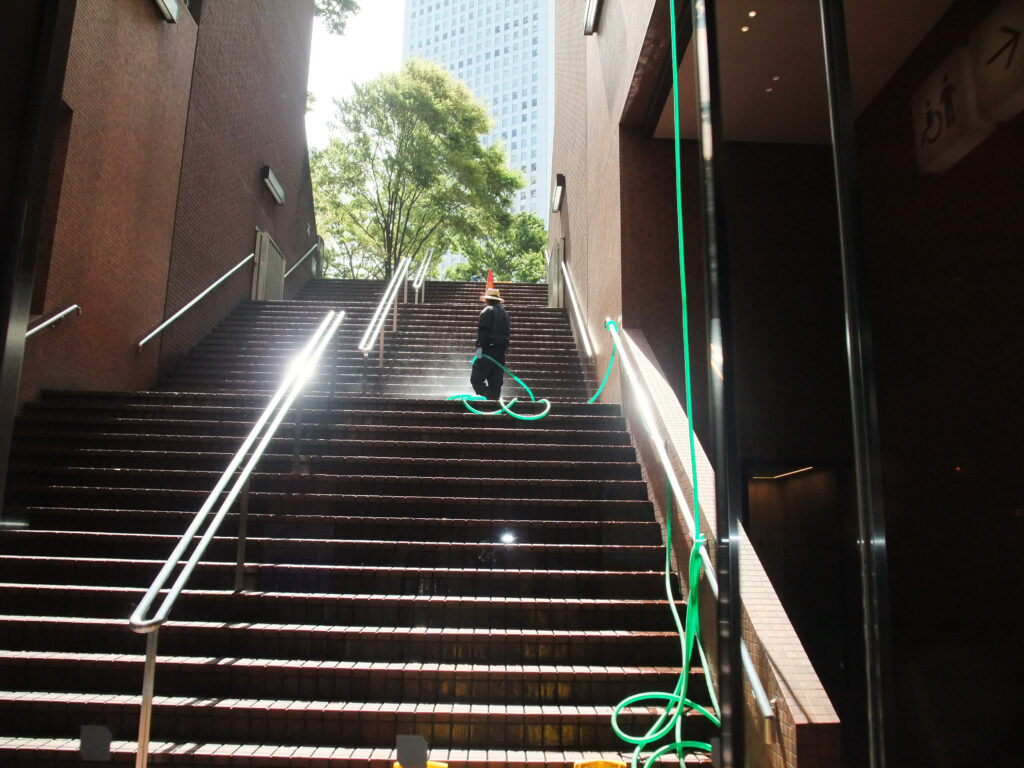
Image Quality
Despite its age, the FinePix F200 EXR delivers pleasing colors and balanced tones, especially when used in DR mode. Fujifilm’s film simulation modes enhance saturation and contrast, offering JPEGs with a characteristic “Fujifilm look.” In low light, images at ISO 800 are usable, although noise becomes more prominent above ISO 1600. For everyday snapshots and casual travel photography, the results are still satisfying even today.

Using the SN mode in dim conditions helps reduce noise while maintaining usable detail, making it ideal for night street photography or indoor shooting.
Handling and Usability
The camera is easy to carry and operate, perfect for photographers who value portability. The 28–140mm zoom range provides flexibility, covering wide-angle landscapes to moderate telephoto portraits. However, the slow aperture at the tele end (f/5.1) limits depth-of-field control. Manual modes exist, but they are limited compared to modern enthusiast compacts.
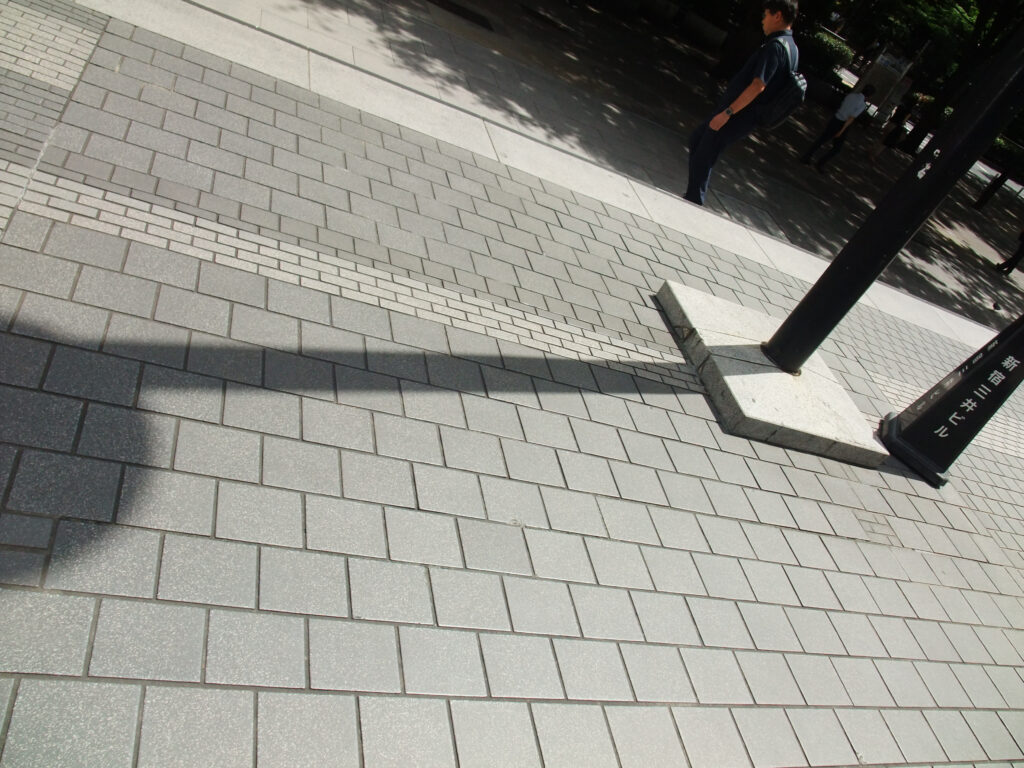
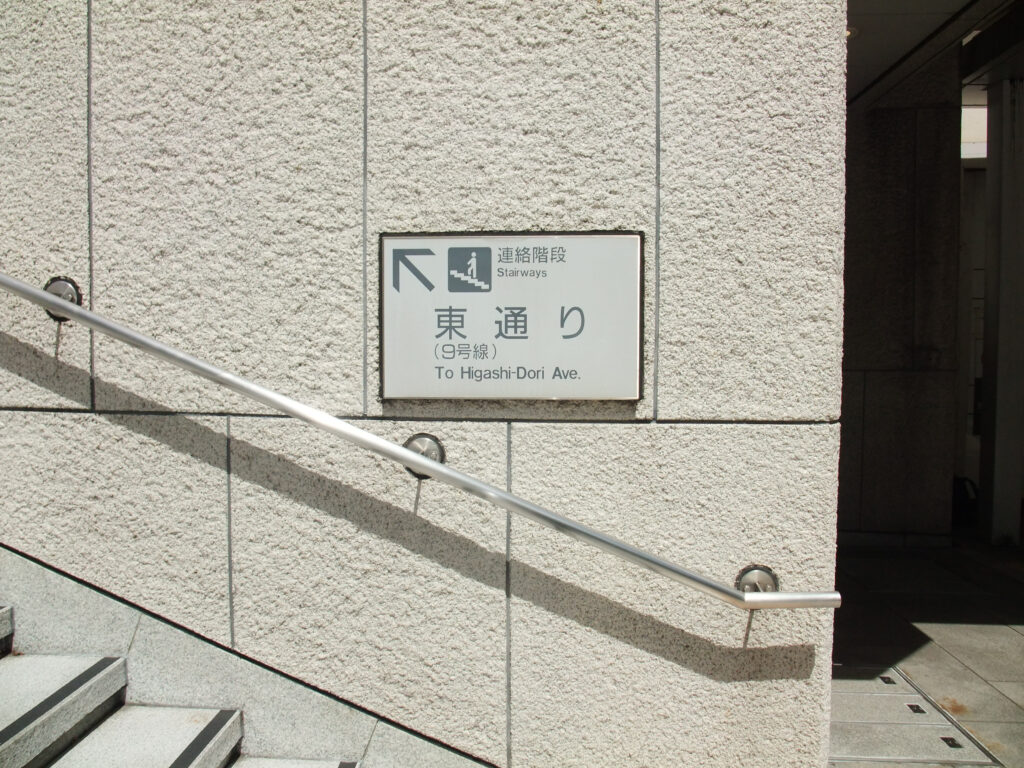
Pros and Cons
| Pros | Cons |
|---|---|
| Innovative EXR sensor with multiple modes | Outdated LCD resolution |
| Pocketable and lightweight | Noticeable noise above ISO 1600 |
| Flexible 28–140mm zoom range | Limited aperture range for bokeh lovers |
| Pleasing color rendering with Fujifilm film simulations | No RAW support |
| Affordable on the used market | Slower performance compared to modern compacts |
Is the FUJIFILM FinePix F200 EXR Still Worth It?
For collectors, vintage digital enthusiasts, or casual shooters seeking a unique compact with character, the FinePix F200 EXR remains a fun choice. Its EXR sensor still holds historical significance as a precursor to Fujifilm’s later X-Trans technology. While it cannot compete with today’s advanced smartphones or premium compacts, it delivers charm, portability, and color science that continues to attract photographers.
Final Thoughts
The FUJIFILM FinePix F200 EXR represents an important step in digital camera innovation. With its EXR sensor, compact size, and enjoyable color output, it is more than just a relic—it is a conversation piece and a practical companion for those who appreciate Fujifilm’s legacy. If you find one on the second-hand market at a good price, it is still worth picking up as a nostalgic yet functional compact camera.



